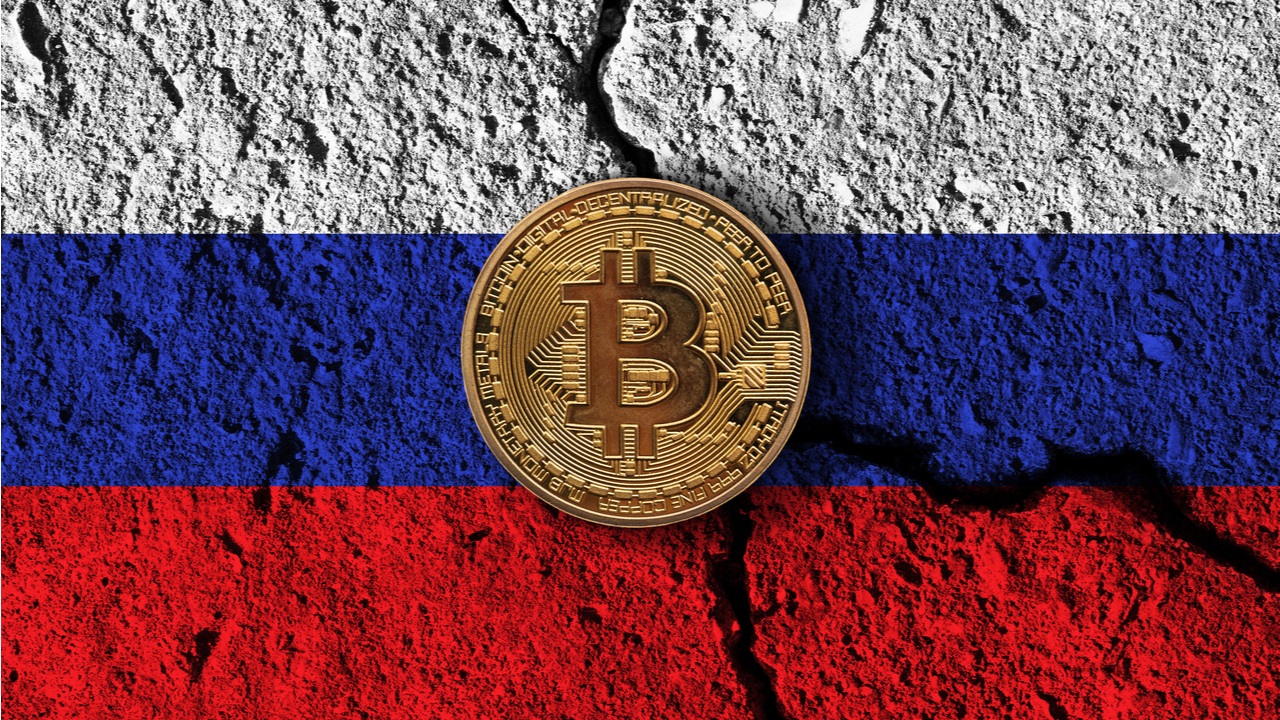Russia Moves to Classify Crypto as Property in Criminal Cases
23.02.2025 10:00 2 min. read Alexander Zdravkov
Russia is tightening its grip on cryptocurrency regulation, with the Supreme Court preparing to classify digital assets as property in criminal cases.
The move is part of a broader effort to curb illegal financial activities involving crypto, which have become increasingly difficult to monitor and prosecute.
Criminals have long exploited the legal gray area surrounding digital assets to launder money and evade detection. Supreme Court Chairperson Irina Podnosova recently underscored the urgency of addressing these gaps, citing a rise in crypto-related offenses. A new legislative proposal aims to bring digital currencies under stricter legal oversight, making it easier for authorities to track, freeze, and seize illicit funds.
Under the proposed changes, law enforcement would gain more authority to pursue cases involving cryptocurrency. Unlike traditional financial crimes, where physical assets can be confiscated, crypto transactions often go unpunished due to a lack of clear legal classification. By defining digital currencies as property, authorities hope to dismantle the infrastructure that allows criminals to operate with impunity.
[readmroe id=”151436″]This effort builds on previous Russian court rulings. In 2019, Bitcoin-to-ruble exchanges linked to criminal activity were equated with money laundering. A later decision in 2021 recognized WebMoney’s digital currency as a legal financial asset. Now, the Supreme Court is pushing for even tighter regulation, reinforcing the state’s control over the crypto economy.
Although crime rates in Russia have remained steady, digital assets are playing a growing role in illegal transactions. Property crimes remain widespread, and the lack of clear crypto regulations has made it easier for bad actors to exploit the system. Authorities see this new legal framework as a necessary step in preventing further abuse and strengthening financial oversight.
-
1
FTX Pushes to Dismiss Billion-Dollar Claim from 3AC
23.06.2025 15:00 1 min. read -
2
ARK Invest Cashes In on Circle Rally as Stock Soars Past $60B Valuation
24.06.2025 19:00 1 min. read -
3
BIS Slams Stablecoins, Calls Them Ill-Suited for Modern Monetary Systems
26.06.2025 9:00 1 min. read -
4
Trump’s ‘Big, Beautiful Bill’ Approved: What It Means for Crypto Markets
04.07.2025 7:00 3 min. read -
5
FTX Pushes Back Against $1.5B Claim From Defunct Hedge Fund 3AC
23.06.2025 11:00 1 min. read
Coinbase Strengthens DeFi Push With Opyn Leadership Acquisition
Coinbase has taken a major step toward expanding its decentralized finance (DeFi) presence by bringing onboard the leadership team behind Opyn Markets, a prominent name in the DeFi derivatives space.
Grayscale Urges SEC to Allow Multi-Crypto ETF to Proceed
Grayscale Investments has called on the U.S. Securities and Exchange Commission (SEC) to allow the launch of its multi-crypto ETF—the Grayscale Digital Large Cap Fund—arguing that further delays violate statutory deadlines and harm investors.
Robinhood Launches Ethereum and Solana Staking for U.S. Users
Robinhood has officially introduced Ethereum (ETH) and Solana (SOL) staking services for its U.S. customers, offering a new way for users to earn rewards on their crypto holdings.
Senate Confirms Crypto-Linked Nominee Jonathan Gould to Head OCC
The U.S. Senate has confirmed Jonathan Gould as the next head of the Office of the Comptroller of the Currency (OCC), moving his nomination to President Donald Trump for final approval.
-
1
FTX Pushes to Dismiss Billion-Dollar Claim from 3AC
23.06.2025 15:00 1 min. read -
2
ARK Invest Cashes In on Circle Rally as Stock Soars Past $60B Valuation
24.06.2025 19:00 1 min. read -
3
BIS Slams Stablecoins, Calls Them Ill-Suited for Modern Monetary Systems
26.06.2025 9:00 1 min. read -
4
Trump’s ‘Big, Beautiful Bill’ Approved: What It Means for Crypto Markets
04.07.2025 7:00 3 min. read -
5
FTX Pushes Back Against $1.5B Claim From Defunct Hedge Fund 3AC
23.06.2025 11:00 1 min. read

